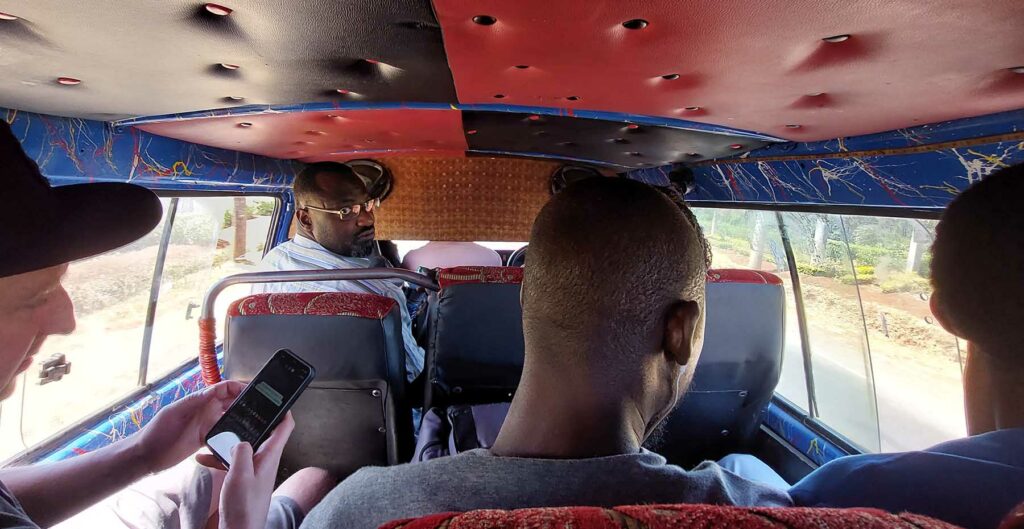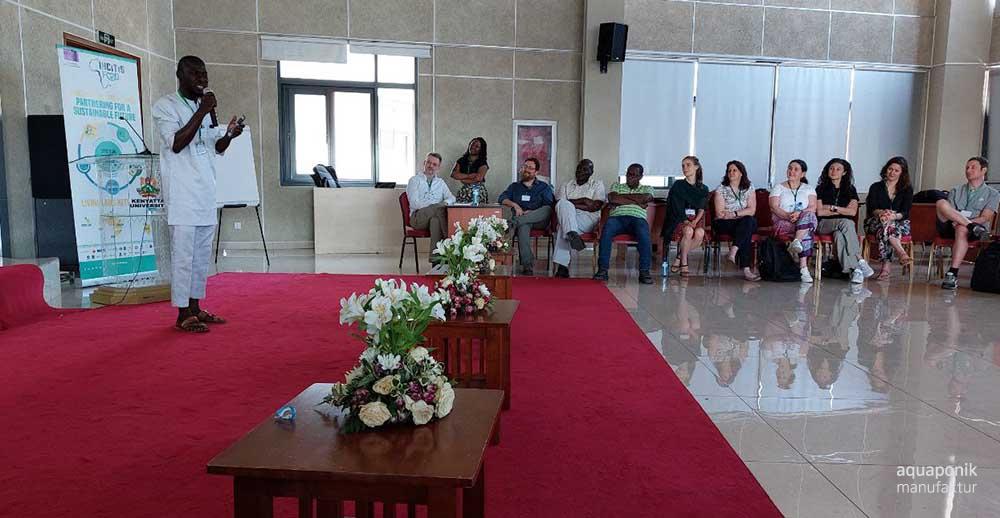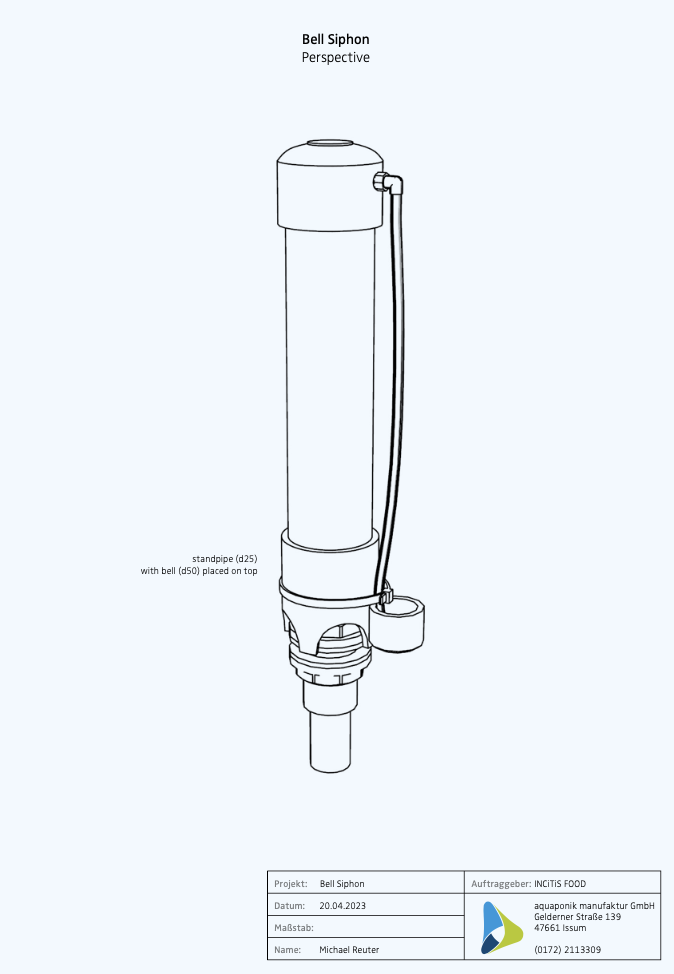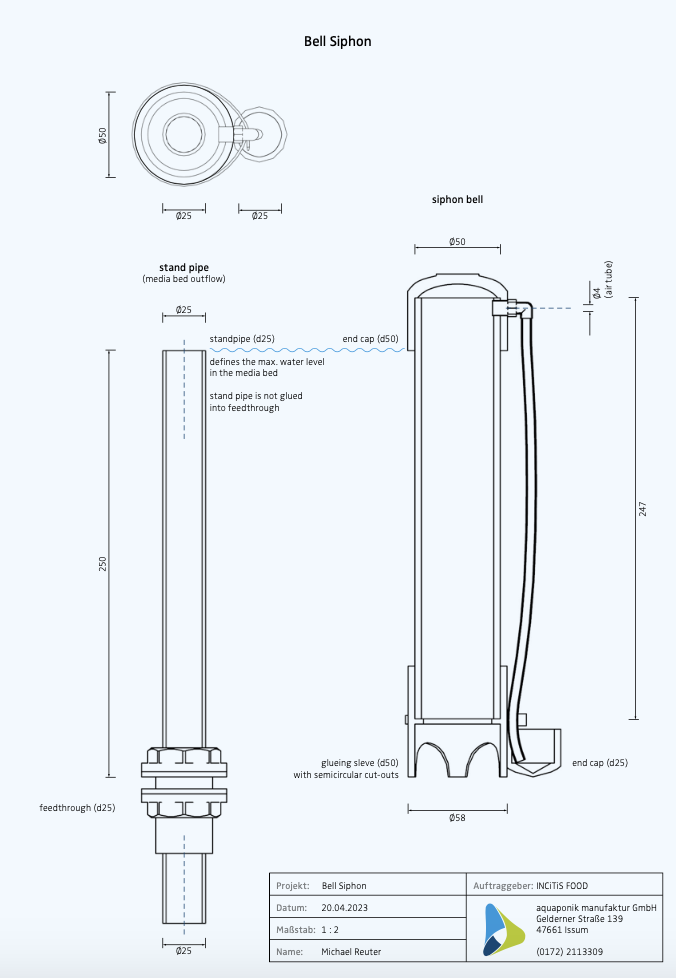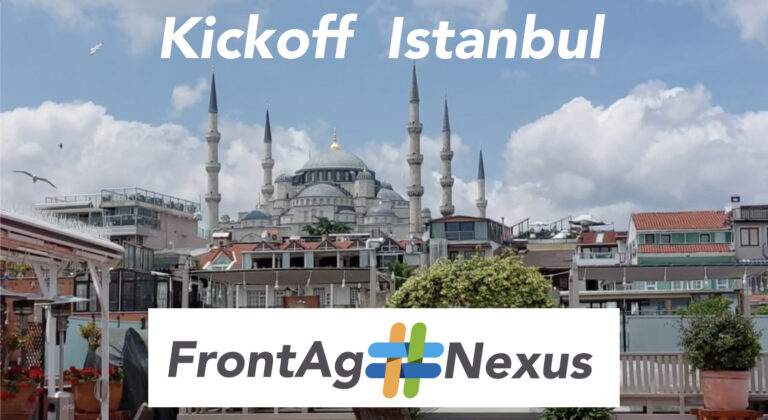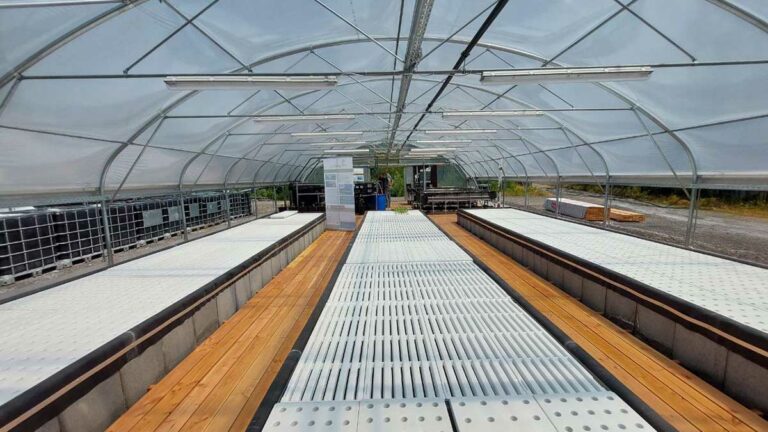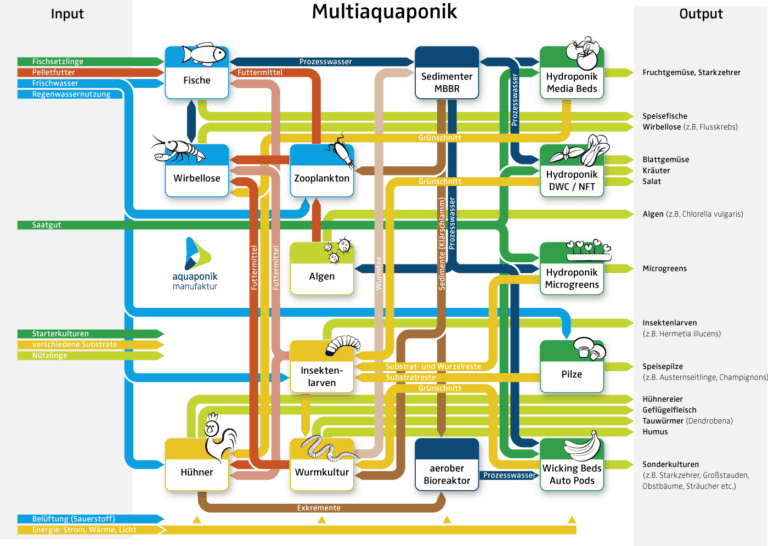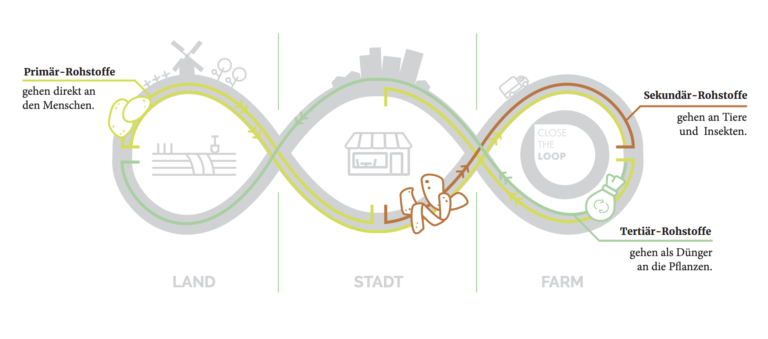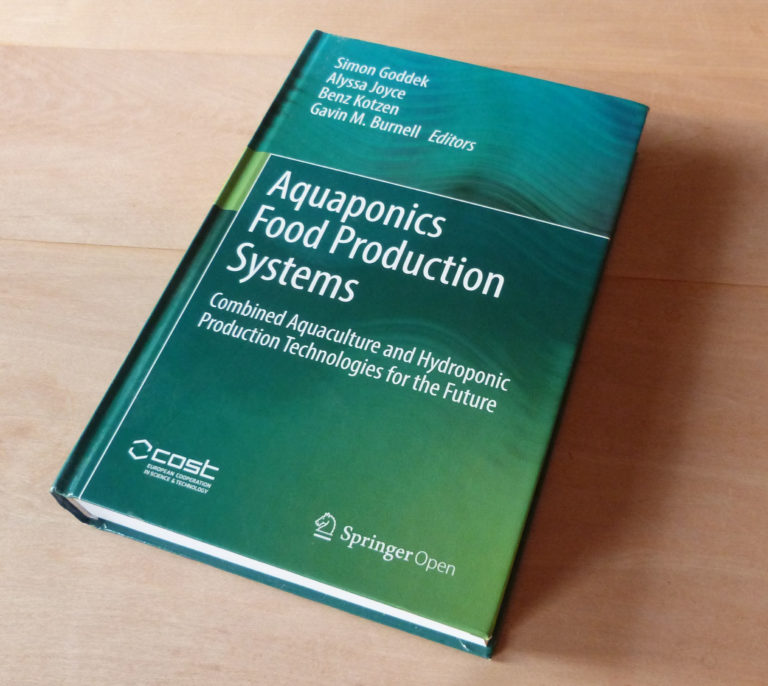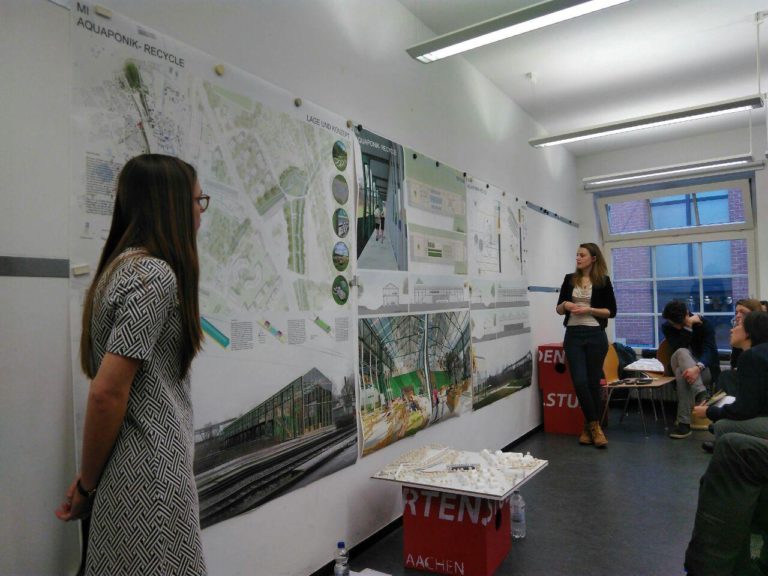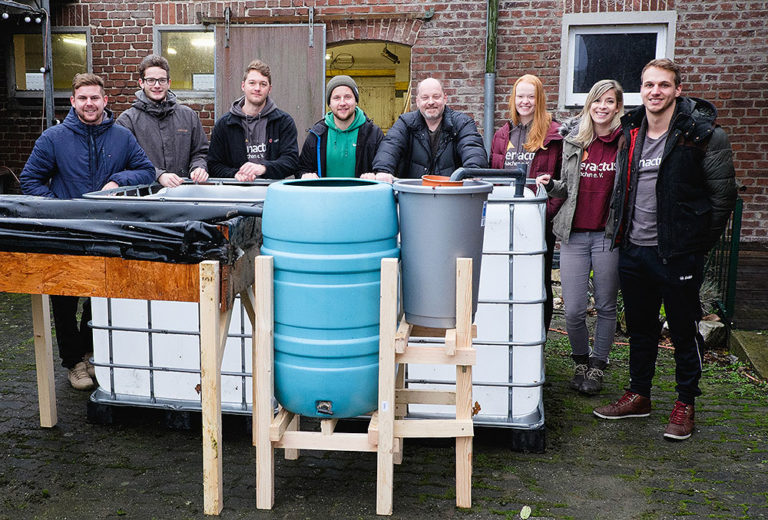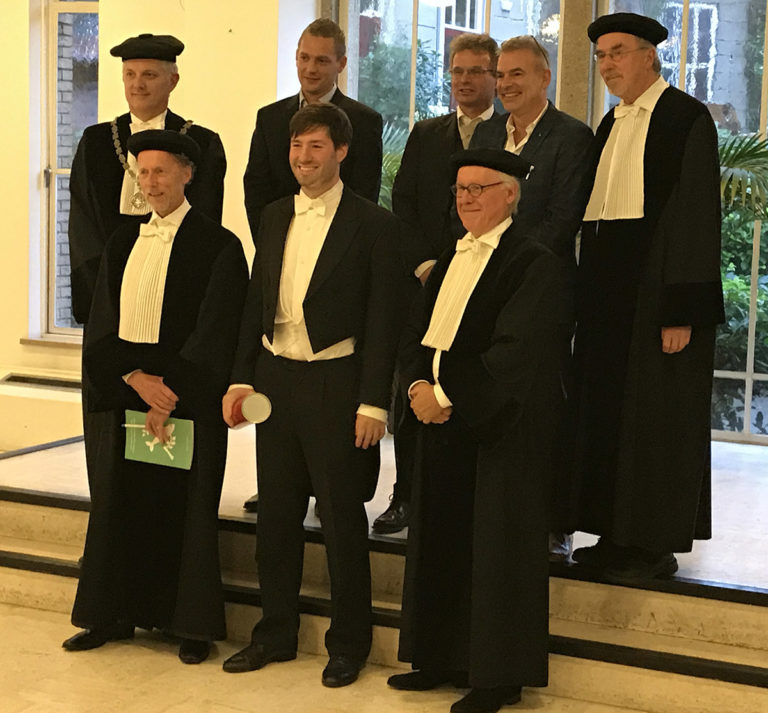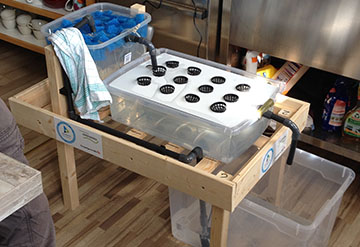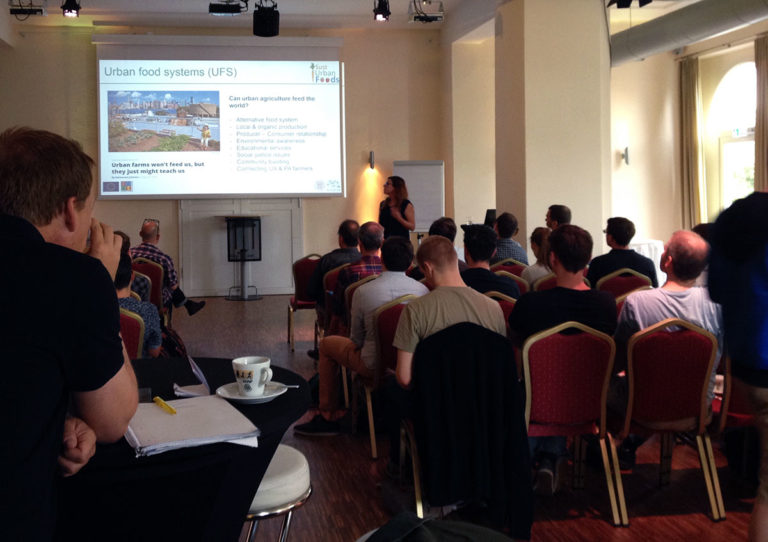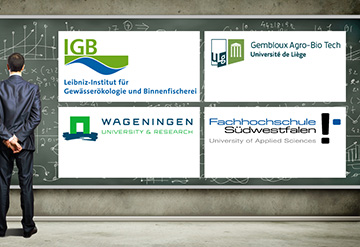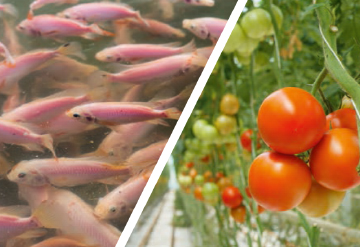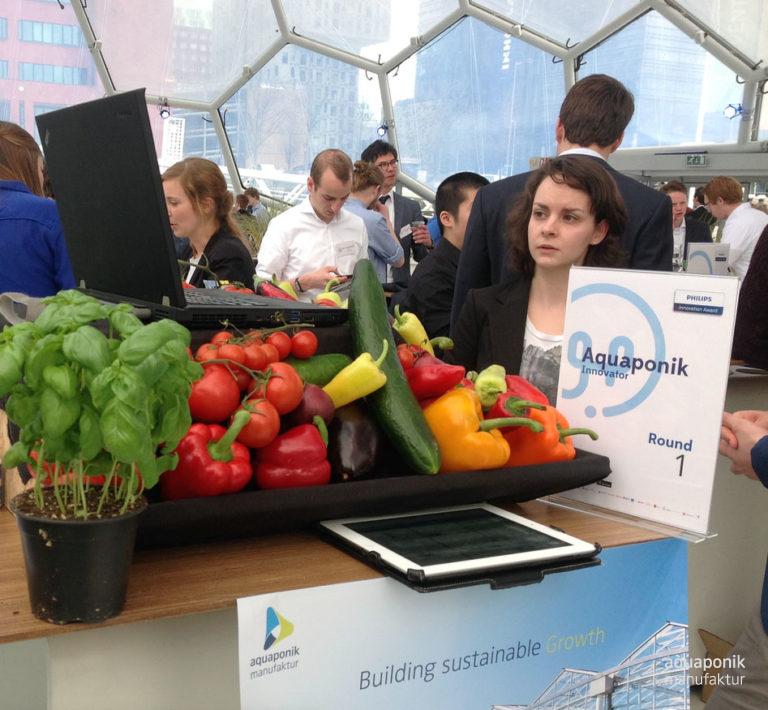Once again, an application for a research project in whose consortium we are involved was successful. We are very pleased to be an aquaponics partner in this project, which will accompany us for the next 4 years.
The name of the project is INCiTiS-FOOD, which stands for "INtegrated and Circular Technologies for Sustainable city region FOOD systems in Africa". This means not only city centers, but also the surrounding areas of cities. There are many reasons why circular economy with producers and consumers in one cycle makes sense in African urban regions. Water scarcity, contaminated soils, insufficient rainfall and nutrient deficiencies are just a few of the important keywords here.
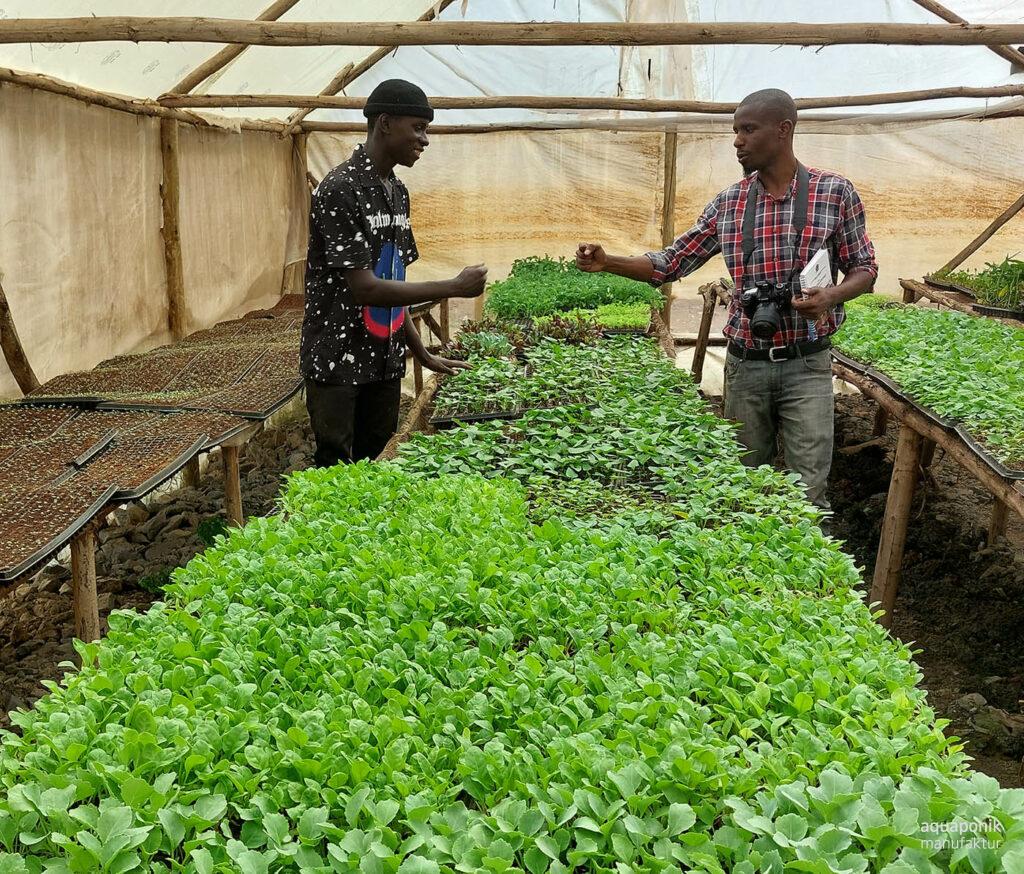
Closed-loop agriculture, such as that used by aquaponics, hydroponics, and other recirculating crops, is often only one of a few possible options here.
Especially our recent experience with multiaquaponicswhich closes many loops, is of particular help to us in this regard. The official INCiTiS-FOOD project website can be found at https://incitis-food.eu/
The project
INCiTiS-FOOD is funded by the EU under the Horizon Europe funding program and aims to establish agriculture as a circular economy in 6 African countries. The technologies used include aquaponics, soilless crop production (hydroponics) and other crops such as chickens and/or insect larvae, which are integrated into the circular systems according to individual requirements. But in addition to establishing circular farming in the form of aquaponics and hydroponics, the project is also about empowering women and engaging disadvantaged groups. This function is also fulfilled by Kennyatta University through Prof. Grace Wamue-Ngare, together with Women Engage for a Common Future (WECF), and Youth for Development (Y4D), Nairobi. Prof. Grace Wamue-Ngare zusammen mit Women Engage for a Common Future (WECF), sowie Youth for Development (Y4D), Nairobi.
Also on board with regard to sustainable energy production is Sunlight Africa, Nairobi. Sunlight Africa, Nairobi. The project is coordinated by Gertrud Buchenrieder from the Universität der Bundeswehr München, with active support from Dr. Benjamin Emmanuel from the Technischen Universität München (TUM) .
As part of the project, all the foundations are currently being laid on site and virtually for the further training of the participants, including a knowledge hub (knowledge archive) and the necessary digital infrastructure to train the future plant operators as well as to create the economic basis for the operation of aquaponics plants. In addition, the project will consider and investigate the social and economic dimensions of food supply in the participating cities and regions.
The Kick0ff Meeting
The conference part of our meeting lasted four days and took place at KU (Kenyatta University). In lectures, dialogues and workshops, the foundations for the upcoming cooperation were laid. Both in lectures and as group work, the first steps were already taken, work packages were defined, processes discussed, issues negotiated and measures agreed upon. Last but not least, the approximately 60 project colleagues were able to get to know each other personally during these four days. Thus, after the long video conferences at the beginning, the personal interaction was added, which made the meeting much more exciting and awakened the team spirit. We are enthusiastic about the competence of the participants.
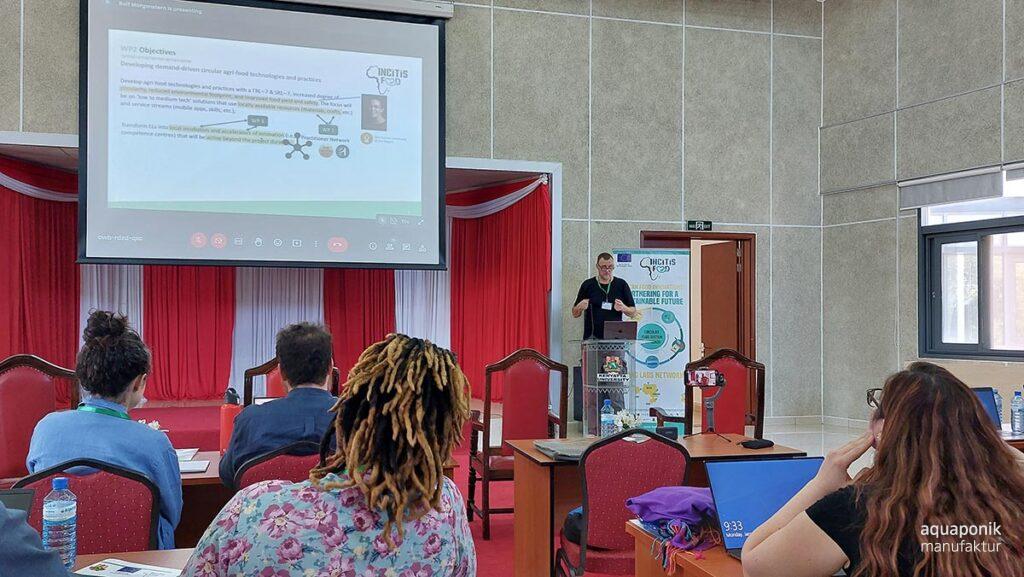
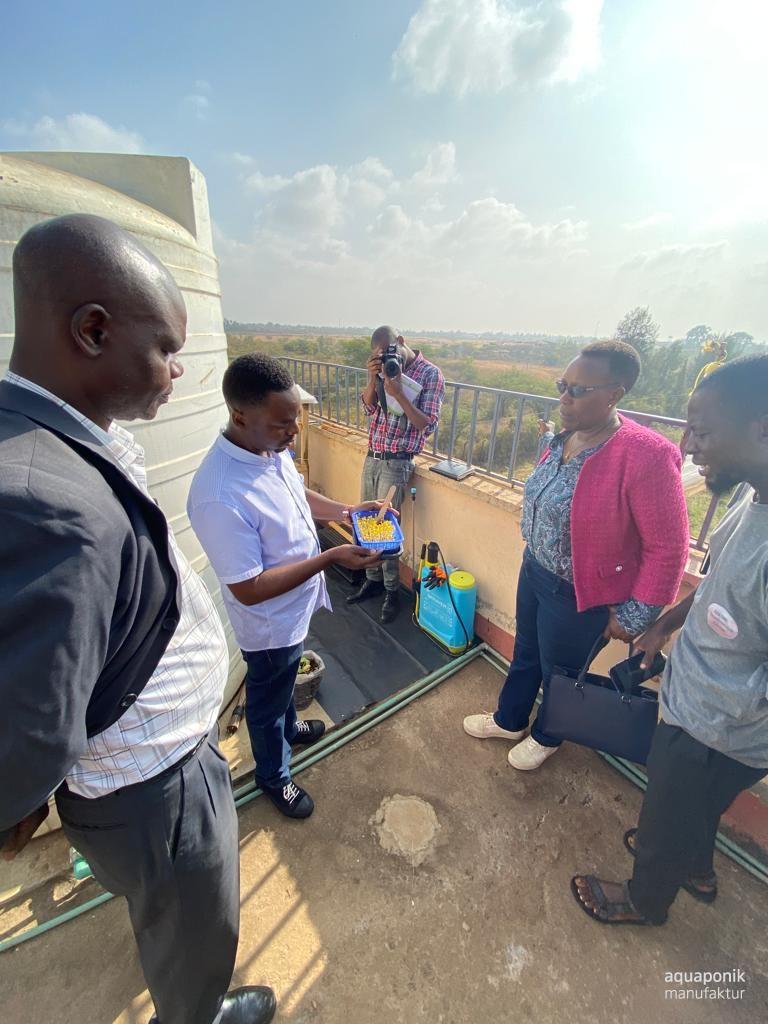
Real laboratories as incubators and multipliers
Within the INCiTiS-FOOD project, so-called living labs play an important role. These are training and research facilities that are operated by the project participants and provide further training opportunities for the participants or local innovators. The Living Labs are connected to universities and thus offer an excellent infrastructure for research and development of new technologies.
Kenyatta University (KU) and Egerton University are important as hosts of the Living Labs in Kenya in several ways. Both universities have facilities for analysis and training. In addition to the two Living Labs in Kenya, others will be established in Sierra Leone, Ghana, Nigeria, Cameroon and Gabon. The Living Labs will showcase different types of plants and cultivation techniques, on which participants will receive further training. Together with the project partners, APM is currently working on aquaponics training facilities that should be ready for use in the real labs as early as this summer.
The Living Labs are thus important incubators for the circular economy in African urban regions. Here, participants can acquire the necessary knowledge and practical skills to successfully implement circular economy with aquaponics and hydroponics in their environment. At the same time, the Living Labs also serve as research and development centers for new technologies and applications. The involvement of local participants and organizations ensures that circular economy in combination with aquaponics and hydroponics is also socially and economically sustainable in urban regions of Africa.
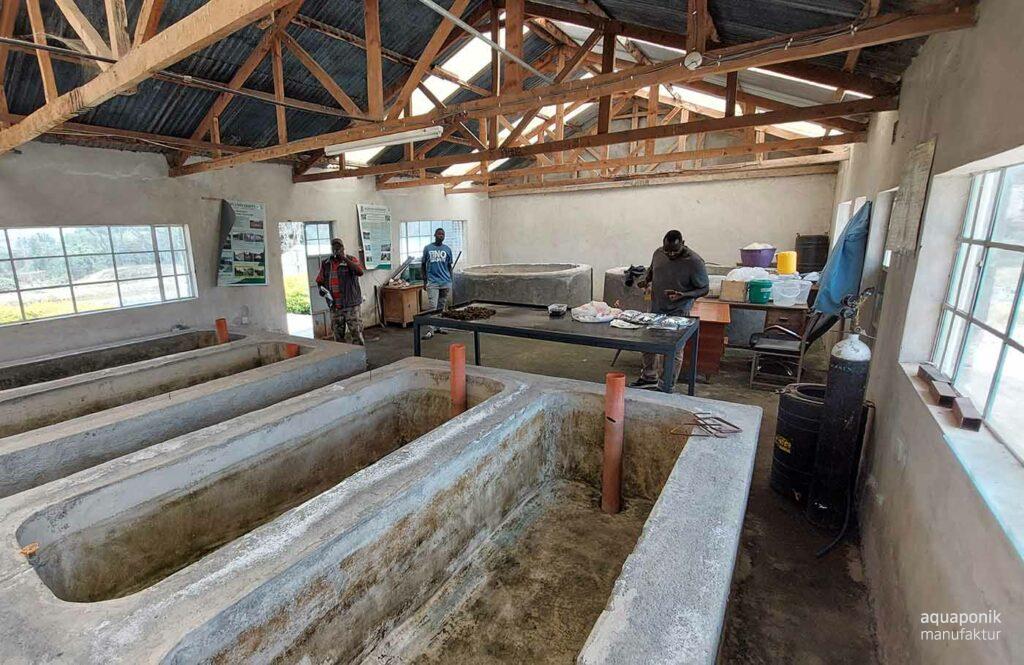
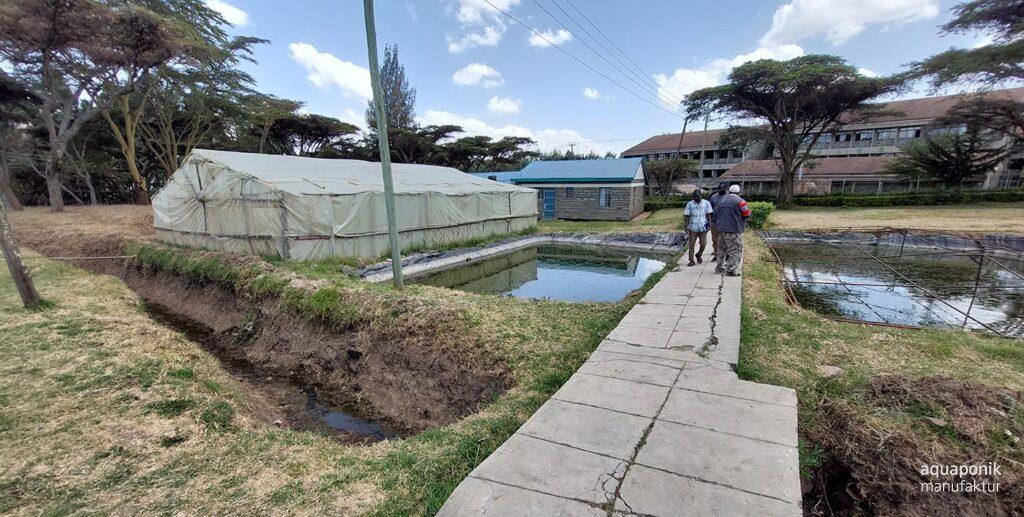
Many places visited
Fortunately, we were able to visit other places at the end of our trip, following the planned further appointments. These were, for example, potential participants in the project or best practice examples where hydroponics is already being used. These visits were very informative and showed us how important and promising the work on circular economy in African urban regions is. The visits were not only to aquaponics and hydroponics, but also to insect farms, laboratories and other facilities. The visits were extremely educational for the entire team.
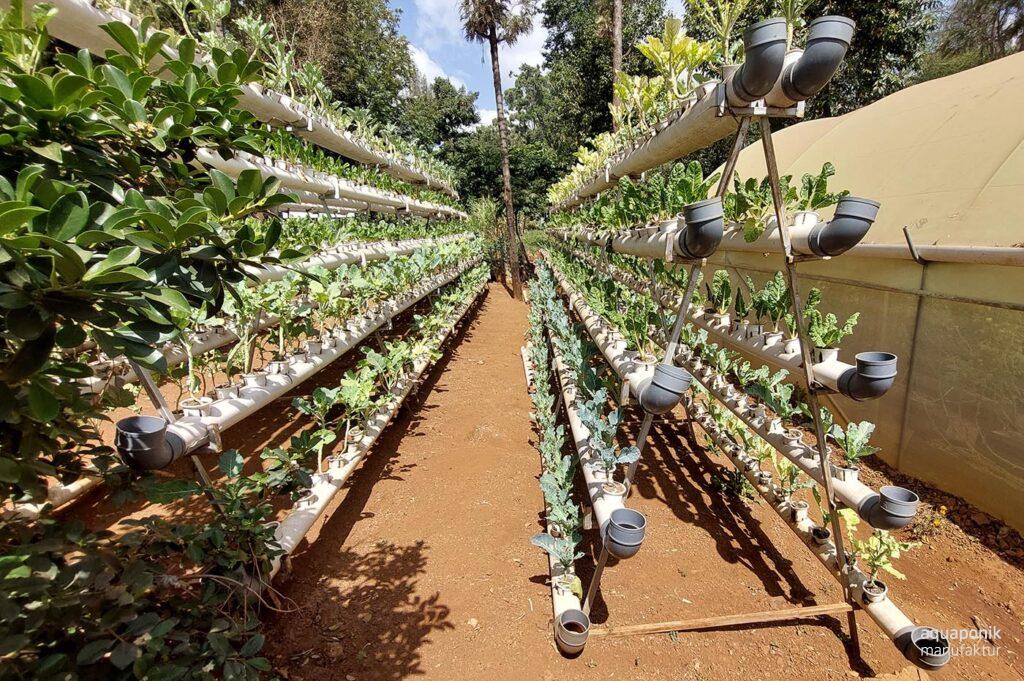
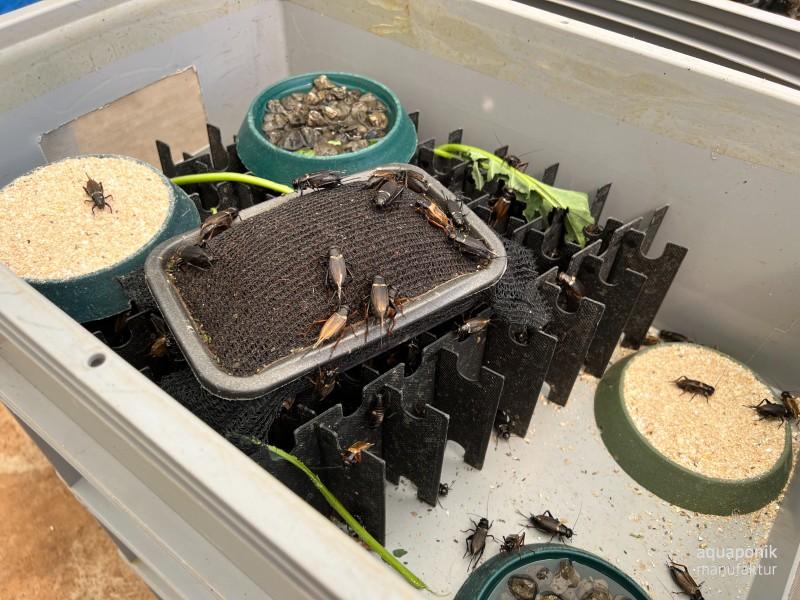
What happens next?
The project has just begun, but is already in full swing. The aquaponics training facilities are already planned, training materials are being created, and the training program will start in Ghana in mid-July. The Living Labs are creating solutions for ensuring food safety and integrated pest management (IPM), as well as designing solar PV solutions to make the facilities energy independent. In our work, we coordinate closely with colleagues at FH Südwestfalen and ZAHW . We are grateful to be part of this project and look forward to working with our partners towards a sustainable future.
